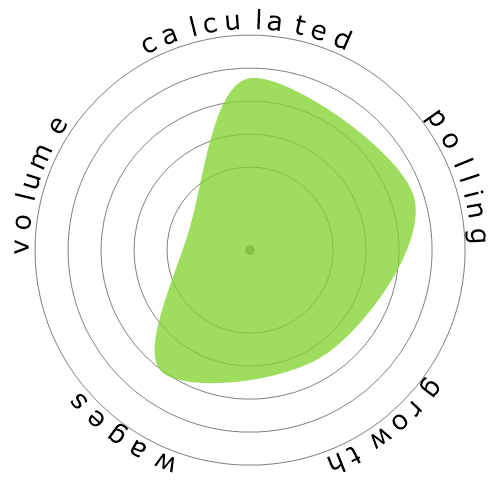Where Would You Like to Go Next?
Or, Explore This Profession in Greater Detail...


What does this snowflake show?
What's this?
We rate jobs using four factors. These are:
- Chance of being automated
- Job growth
- Wages
- Volume of available positions
These are some key things to think about when job hunting.
People also viewed
Calculated automation risk
Minimal Risk (0-20%): Occupations in this category have a low probability of being automated, as they typically demand complex problem-solving, creativity, strong interpersonal skills, and a high degree of manual dexterity. These jobs often involve intricate hand movements and precise coordination, making it difficult for machines to replicate the required tasks.
More information on what this score is, and how it is calculated is available here.
User poll
Our visitors have voted there's a low chance this occupation will be automated. This assessment is further supported by the calculated automation risk level, which estimates 20% chance of automation.
What do you think the risk of automation is?
What is the likelihood that Geoscientists, Except Hydrologists and Geographers will be replaced by robots or artificial intelligence within the next 20 years?
Sentiment
The following graph is shown where there are enough votes to produce meaningful data. It displays user poll results over time, providing a clear indication of sentiment trends.
Sentiment over time (yearly)
Growth
The number of 'Geoscientists, Except Hydrologists and Geographers' job openings is expected to rise 5.5% by 2033
Total employment, and estimated job openings
Updated projections are due 09-2025.
Wages
In 2023, the median annual wage for 'Geoscientists, Except Hydrologists and Geographers' was $92,580, or $45 per hour
'Geoscientists, Except Hydrologists and Geographers' were paid 92.6% higher than the national median wage, which stood at $48,060
Wages over time
Volume
As of 2023 there were 24,620 people employed as 'Geoscientists, Except Hydrologists and Geographers' within the United States.
This represents around < 0.001% of the employed workforce across the country
Put another way, around 1 in 6 thousand people are employed as 'Geoscientists, Except Hydrologists and Geographers'.
Job description
Study the composition, structure, and other physical aspects of the Earth. May use geological, physics, and mathematics knowledge in exploration for oil, gas, minerals, or underground water; or in waste disposal, land reclamation, or other environmental problems. May study the Earth's internal composition, atmospheres, and oceans, and its magnetic, electrical, and gravitational forces. Includes mineralogists, paleontologists, stratigraphers, geodesists, and seismologists.
SOC Code: 19-2042.00
Comments (11)
Overall I see AI as just another tool that can help us do a better job.
Reply to comment